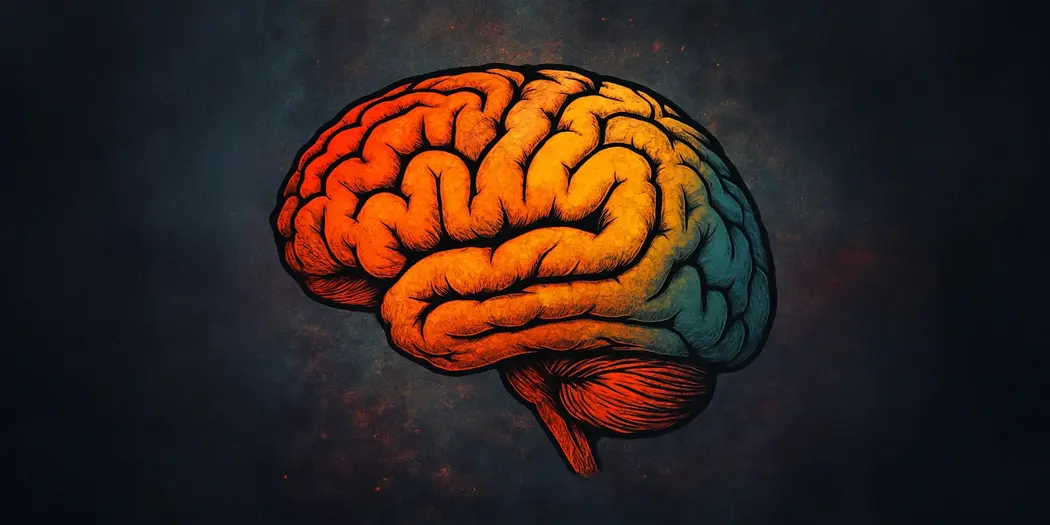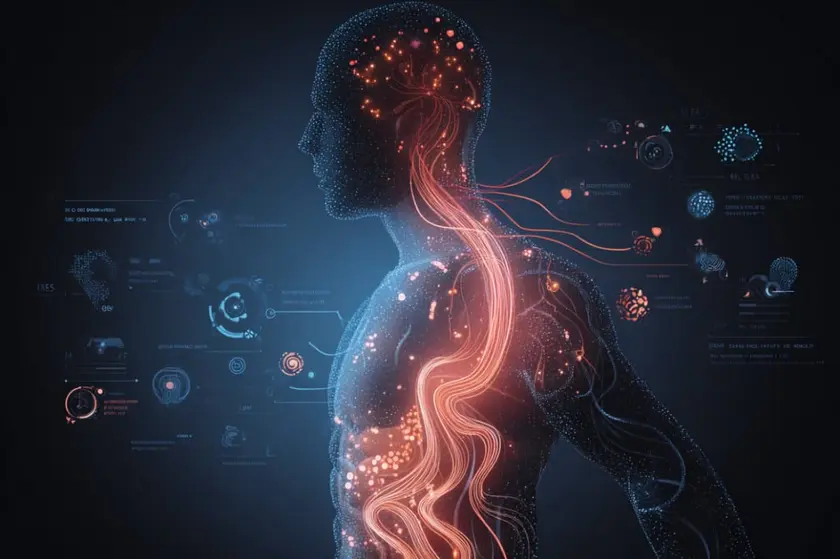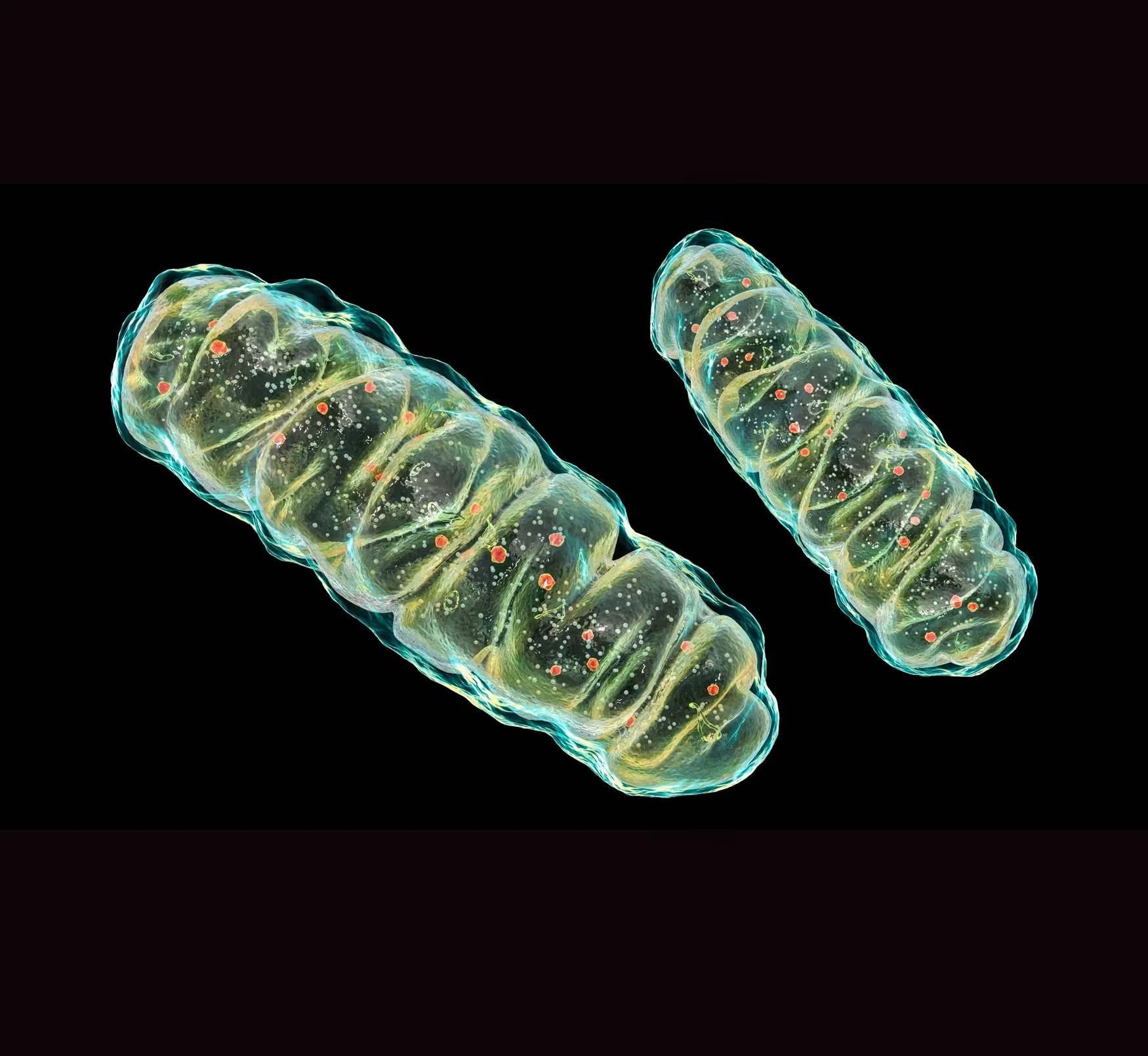T4K3.news
Study links dopamine imbalance to persistent arousal disorder
Research reveals antipsychotic medication can alleviate severe symptoms of PGAD in a young woman.

A case study from China details how antipsychotic medication helped a young woman overcome persistent, distressing orgasmic symptoms unrelated to sexual desire.
Dopamine imbalance linked to woman's distressing orgasmic episodes
A recent case report in AME Case Reports highlights a rare condition known as persistent genital arousal disorder (PGAD) in a 20-year-old woman from China. Over several years, she endured uncontrollable, orgasm-like sensations without sexual desire, severely impacting her daily life. Despite undergoing various treatments, including anti-epileptic medication, she found relief only through antipsychotic drugs, including risperidone and olanzapine. The study indicates that dopamine dysfunction may play a role in PGAD, suggesting an intriguing link between dopamine levels and sexual response disorders.
Key Takeaways
"The use of dopamine-blocking medications may reduce these abnormal arousal sensations."
This highlights the potential therapeutic role of antipsychotics in treating PGAD.
"Her condition remained stable as long as she continued taking her medication."
This underscores the importance of ongoing treatment for managing PGAD symptoms.
"PGAD remains a poorly understood condition with no established standard treatment."
This emphasizes the challenges faced by patients seeking relief from PGAD.
This case emphasizes the need for greater awareness of PGAD, a condition that can disrupt lives but remains underdiagnosed. It also raises critical questions about the management of such disorders and the role of antipsychotic medications beyond conventional psychiatric conditions. As research into dopamine’s effects on sexual response continues, this case may inspire further studies, fueling both clinical inquiry and the hope that patients can achieve better treatment outcomes. Understanding PGAD's underlying mechanisms could lead to more tailored therapies that address the unique needs of affected individuals.
Highlights
- Antipsychotic medication may hold the key for PGAD treatments.
- Understanding dopamine's role is crucial for managing sexual response disorders.
- Patients deserve tailored treatments for rare conditions like PGAD.
- This case opens doors to exploring connections between dopamine and sexual health.
Possible Public and Medical Controversy
The complex nature of PGAD and its treatment raises concerns about proper diagnosis and management. This could lead to misunderstandings in both medical and public contexts.
The exploration of PGAD through case studies highlights the evolving landscape of sexual health.
Enjoyed this? Let your friends know!
Related News

Doctors discover hormonal connection in rare sexual disorder

Groundbreaking findings on alcohol use disorder and brain chemistry

Investigation reveals severe side effects of Ropinirole

Study Links Gut Health to Chronic Fatigue and Long COVID

Smiling linked to dopamine and stress changes

Childhood trauma linked to sexual narcissism and hypersexual behavior

New study uncovers sleep's mitochondrial links

Rejection sensitive dysphoria impacts those with ADHD
